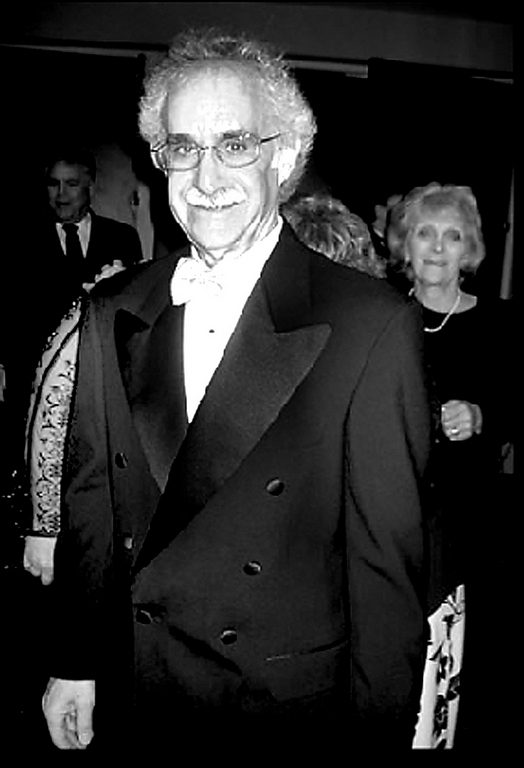High Holy Days: A challenge to change for the better
The major theme of the Jewish High Holy Days is teshuva, a Hebrew word meaning “repentance” or “change for the better.” Indeed, throughout the 10-day period that begins with Rosh Hashanah and culminates with Yom Kippur, our tradition urges us to take stock of our lives, determine in what areas we can improve, and immediately take steps to modify our lives for the better: trying to fulfill more of the commandments and traditions of Judaism, improving our relations with others so we can become better people, living our lives in a more moral and ethical manner so we can become better human beings and better Jews.
But let’s face it. It is very arduous for us to change. We know that once we fall into a pattern of behavior, it is exceedingly difficult to modify our lives. We maintain a steady course: in whatever direction we are headed, that’s the direction in which we proceed. We humans simply do not like to alter our routine or change our behavior.
But sometimes we must learn to change course.
The story is told of a battleship that was sailing off the coast of northern California. There was very heavy fog in the area that night, and visibility was exceedingly poor — so poor, in fact, that the captain, wanting to ensure the safety of his ship, decided to remain on the bridge rather than handing over control to the first officer.
Shortly before midnight, the lookout breathlessly called the bridge and reported to the captain: “Sir, there is a light directly in front of us!”
Concerned, the captain asked; “Is it steady, or is it moving away?”
The lookout replied: “It is steady, captain, and it is directly in front of us!” The captain called the signalman and said: “Signal that ship ahead to change course by twenty degrees.” The signalman signaled the other ship to change course. Back came the reply: “YOU change course by twenty degrees!”






